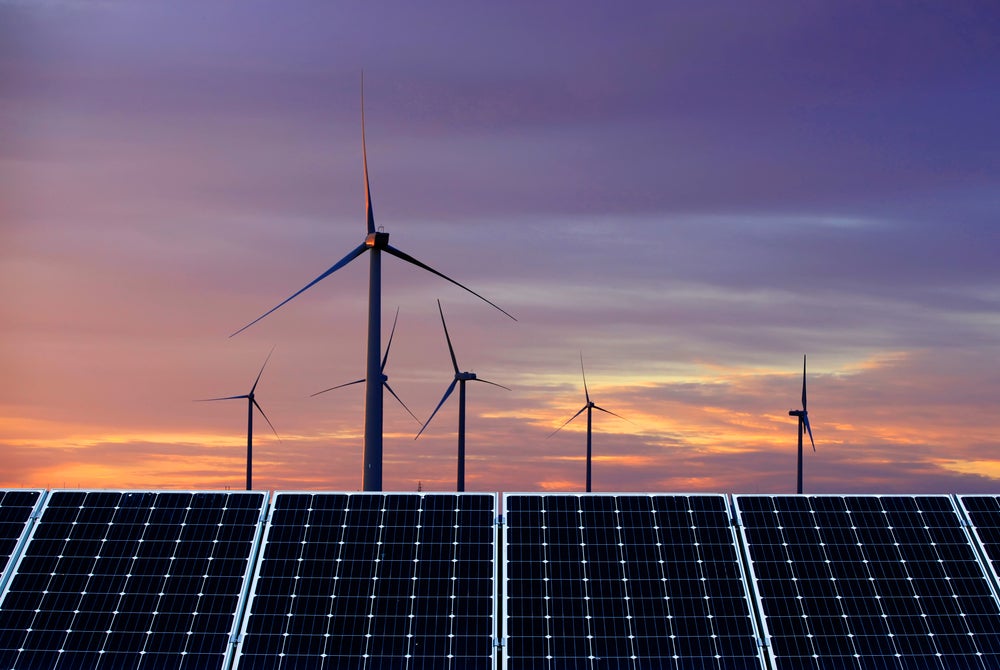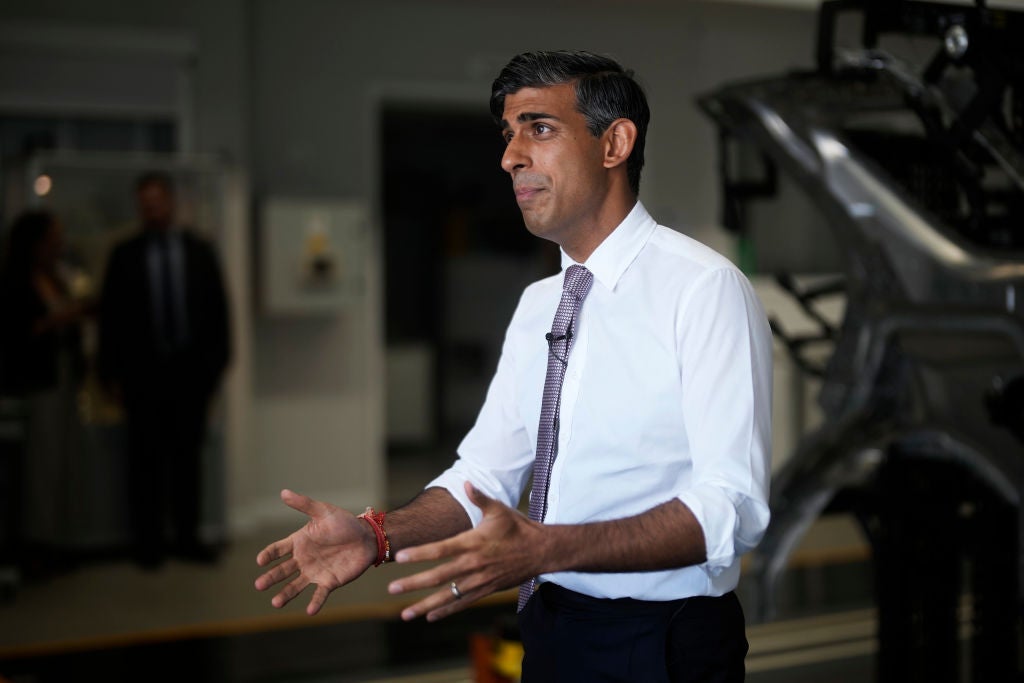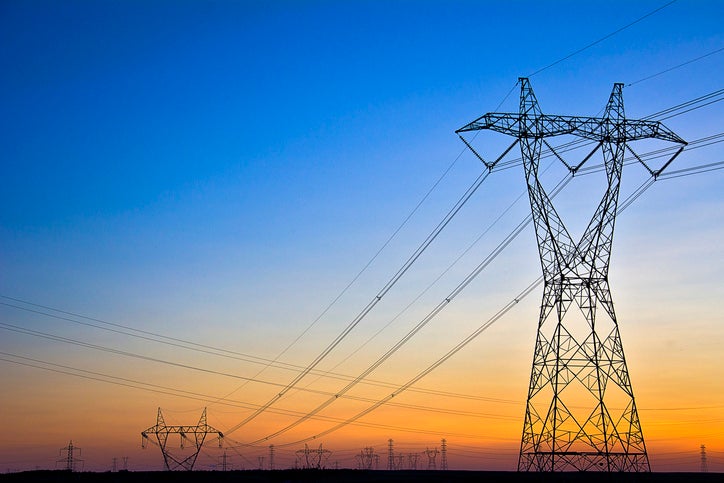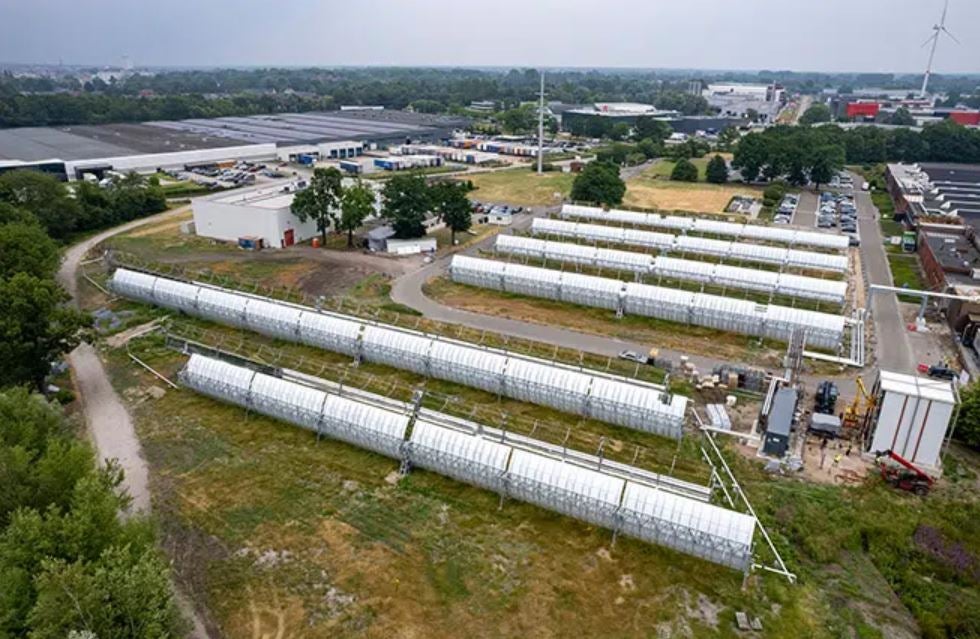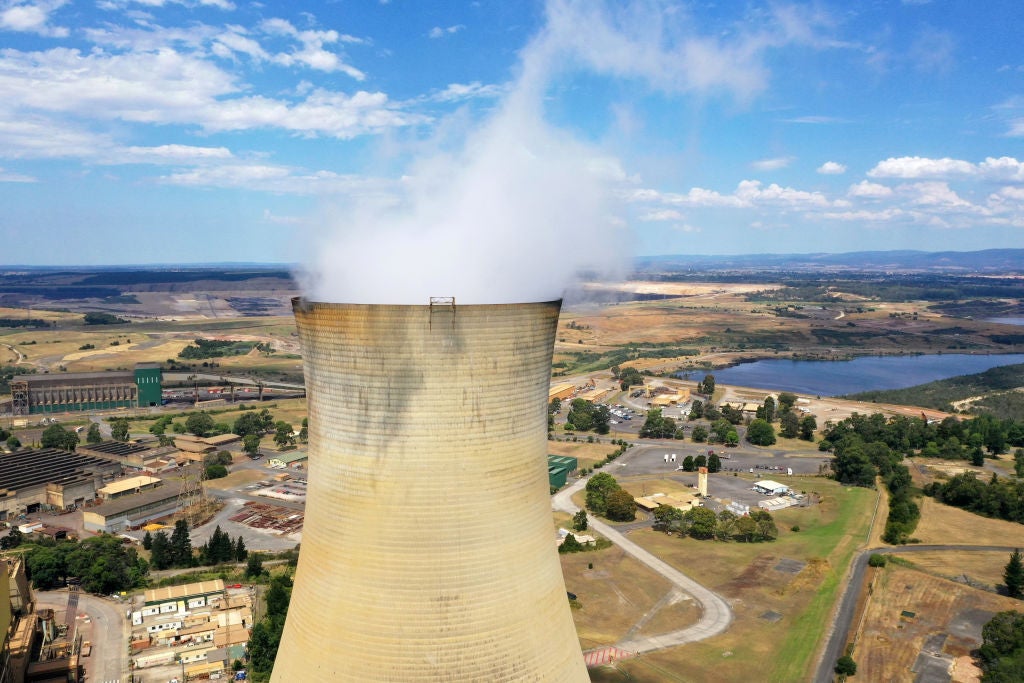Major economies are rapidly scaling up their deployment of zero-carbon technologies, but China is a “clear leader” with investment being poured into renewables and the electric vehicle (EV) sector, according to a report from the pan-European think tank Strategic Perspectives.
Published on Wednesday, the report analyses national policy and technological deployment to assess the energy transition landscape in China, the EU, the US, Japan and India. These economies play a “critical role” in shaping the global energy landscape, Strategic Perspectives said.
The report finds that China’s new renewables capacity accounts for 55% of the world’s total additional installed capacity in 2023. It also finds that more than half of all fully electric cars in the world run on Chinese roads, according to 2022 data. Of global clean technology manufacturing, 60% occurs in China, which in turn has created millions of jobs and boosted economic activity in the country.
However, the country’s ongoing dependence on coal power continues to hinder its net-zero ambitions. A report published by the non-profit Global Energy Monitor in April found that China’s planned coal capacity increase alone far offsets coal phase-out efforts by the rest of the world.
China’s dominance in clean technology supply chains, specifically relating to production of critical minerals needed for batteries as well as materials for solar power, has prompted other countries to localise manufacturing of energy transition technologies. In the US, the newly implemented Inflation Reduction Act, signed into law by President Joe Biden in August last year, incentivises domestic clean energy production principally by providing significant subsidies and tax breaks to companies that source and manufacture zero-carbon technologies within North America.
The EU is rapidly scaling-up its renewable capacity. Currently, it has the largest share of wind and solar electricity generation in the world, accounting for 22% of the global energy mix in 2022. This surpasses its share of gas and coal, which last year stood at 20% and 16%, respectively. Per capita, the EU also has the highest share of EVs out of the five economies analysed in the report. The bloc has taken the lead regarding investment and deployment of electrical heat pumps, which are quickly replacing gas, coal and fuel boilers on the continent.
Like the US, the EU too has recently implemented a Green Deal to strengthen its position in the clean energy race and compete with China, with policy incentives for investment in and production of renewables, EVs and heat pumps.
Japan remains heavily dependent on fossil fuels, the report finds, and is the only developed nation covered by the report to have investment in clean technologies decline over recent years. It remains focused on hybrid vehicles rather than fully electric ones, which in turn undermines its ability to benefit from the rapid growth of the EV market. Solar power accounts for 10% of the country’s electricity and its government has proposed plans to expand renewables, particularly focusing on offshore wind. Japan is also the only G7 nation without a properly developed coal phase-out plan.
As an emerging economy, India could speed up the energy transition if it were to receive sufficient financial support, the report finds. The EV sector in the country is expected to grow at a compound annual growth rate of 49% between 2022 and 2030, which is expected to create up to 50 million jobs.
The country is also making progress in its deployment of renewables. Since 2017, it has almost doubled the share of solar and wind power in its national electricity mix. However, its dependence on coal also remains extremely heavy and has grown this summer to a 66% share amid unusually dry, hot weather.


